Meet Josephine Baker: a Black bisexual goddess who dated Frida Kahlo and helped defeat the Nazis
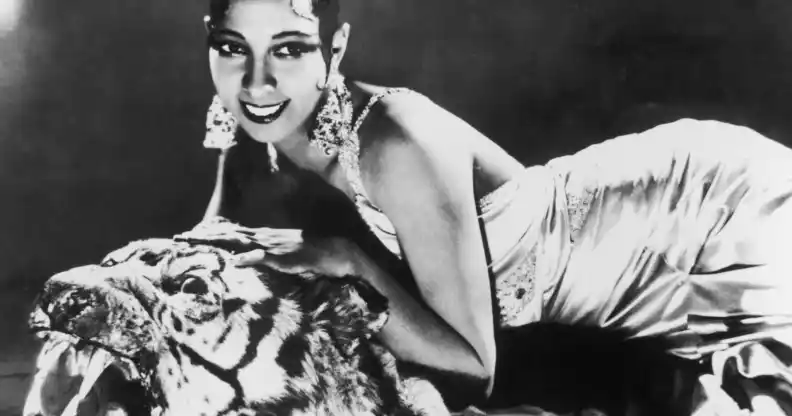
This photo of the incredible American-born singer and dancer Josephine Baker was taken in 1925 (Getty)
An icon in every sense of the word, Josephine Baker is the bisexual goddess we all truly aspire to be.
She dated Frida Kahlo, was a top cabaret dancer and helped to defeat the Nazis in France through her work as a resistance spy.
The extraordinary American hero wasn’t always destined for greatness though.
Born into poverty in St. Louis in 1906, Josephine Baker started work at the ripe age of eight to help support her family.
She dropped out of school and worked as a cleaner for a wealthy white family, whom she lived with.
By the age of thirteen, she was married for the first time and working as a waitress.
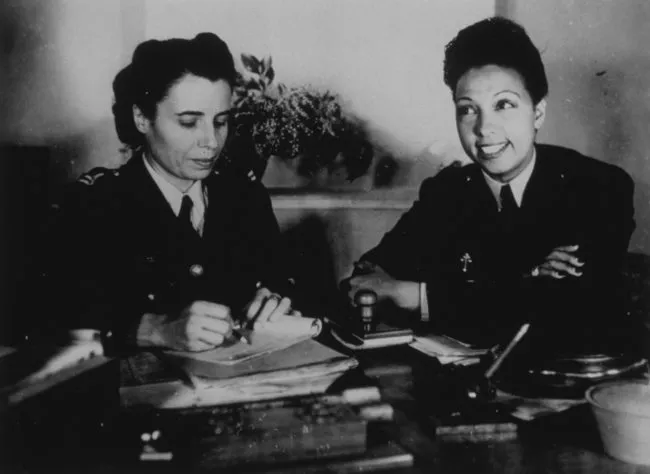
(Photo by Hulton Archive/Getty Images)
Related: Meet the Spanish lesbians who got married under the nose of the Catholic Church in 1901
To earn extra money, Josephine Baker danced on street corners – marking the start of her career as an entertainer.
At 15, she married a second time after moving to New York where she started dancing in clubs in Harlem.
Here, Baker began to explore her sexuality and had her first relationship with blues singer Clara Smith.
At 19, Baker left America for a European tour with a dance troupe and she never returned.
Baker set up a life in Paris as she was offered a spot in La Revue égre (“The Black Variety Show”).
She rocketed to fame with her often comedic dances, including her infamous performance dance sauvage (savage dance) in which she wore a skirt made of rubber bananas and danced the Charleston.
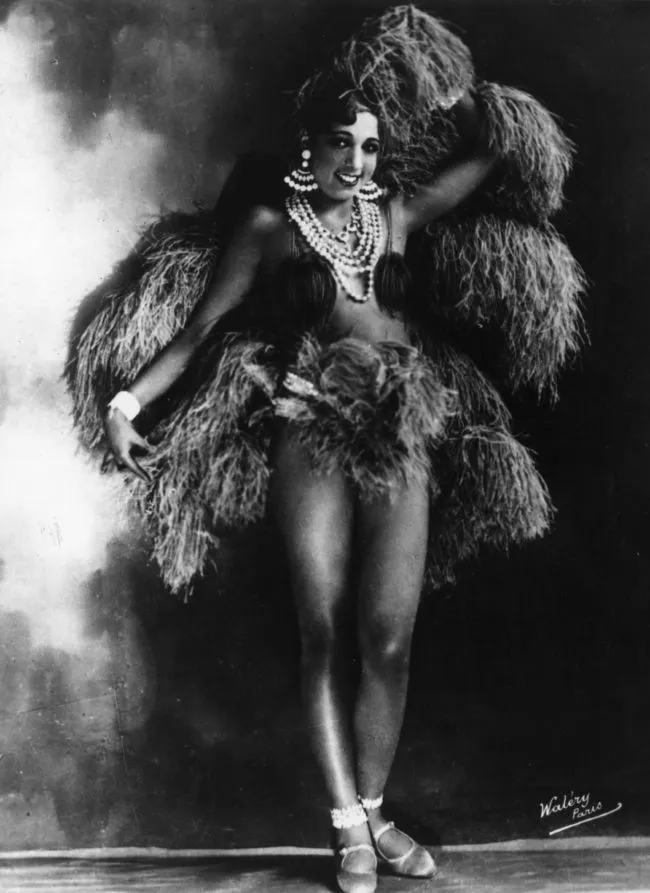
(Photo by Hulton Archive/Getty Images)
Related: Frida Kahlo books under investigation after forgery claims
Over the following decade, she became known in the high flying circles of Pablo Picasso and Ernest Hemmingway and soon she became the highest earning entertainer in Europe.
Talking about her time living in America compared to France, Baker said that she was sick of “living in a country where I was afraid to be Black”.
“It was only a country for white people. Not Black. So I left. I had been suffocating in the United States… A lot of us left, not because we wanted to leave, but because we couldn’t stand it anymore… I felt liberated in Paris.”
Her entertainment career came to a halt in 1939 after France declared war on Germany.
Baker began performing for French troops to keep morale high and she never performed in Paris once the Nazis occupied it.
She became acquainted with Jacques Abtey, an intelligence officer who recruited “honourable correspondents”, and Baker became a spy for the French resistance which helped take down the Nazis.
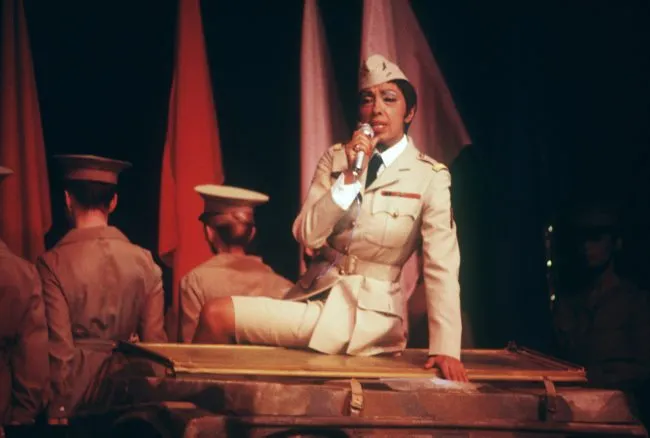
(Photo by AFP/Getty Images)
She sought out information held at Portuguese and Italian embassies, worked on obtaining information about Mussolini’s troops, Japanese politics and German agents who were active in Paris.
Abtey’s position in the resistance became compromised after Germany invaded France in 1940, and so he began to travel with Baker under the guise of “Jacques Herbert”.
Her fame gave her a great deal of freedom and meant that he could collect information on Germany and then send it back to those still fighting in France.
Baker eventually left the country to North Africa, where she would associate with foreign dignitaries and gather information which she would write down on slips of paper and store in her bra.
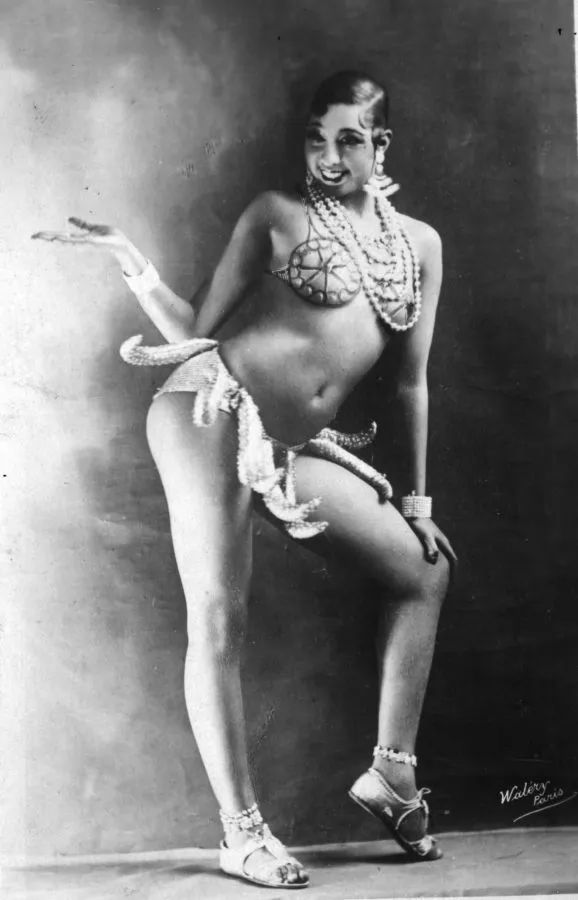
Banana Dance (Photo by Walery/Getty Images)
In the middle of her days as a spy, Baker became incredibly unwell and was hospitalised in Morocco for a year.
It wasn’t until 1943 until she recovered from the infection, and in the year following she was inducted into the French Air Force as a second lieutenant.
Following the war, she was celebrated as a hero and awarded the Medal of the Resistance.
She went on to adopt eleven children and spent the rest of her days campaigning against racism, and of course entertaining.
Baker passed away in 1975. She was the first American woman known to have French military honours at her funeral.

